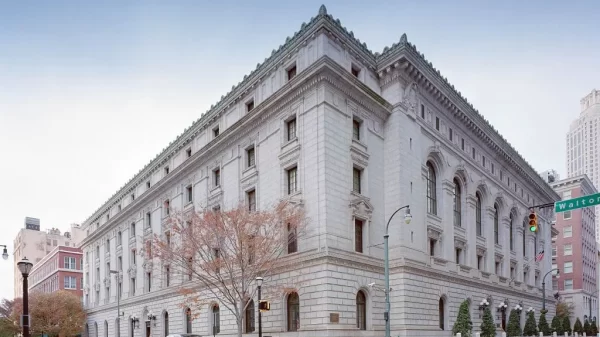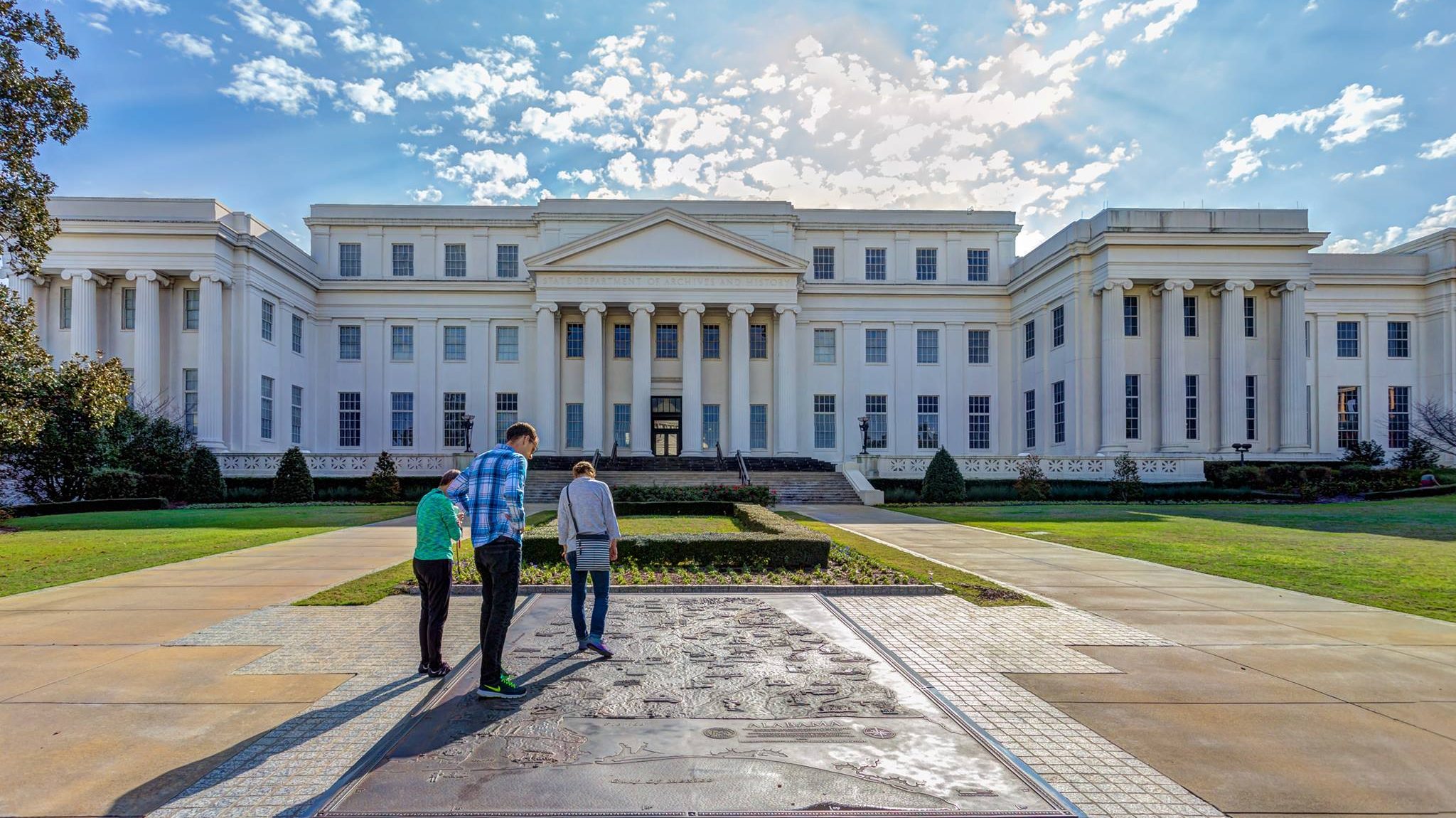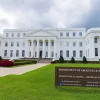|
Getting your Trinity Audio player ready...
|
The political climate in Alabama is increasingly worrying, with some Republican leaders, including lawmakers, leaning towards authoritarian-style populism. This trend is noticeable in efforts to undermine the Alabama Department of Archives and History (ADAH), traditionally an independent and unbiased entity.
For over a century, ADAH has safeguarded Alabama’s diverse history. However, a proposed bill to alter the composition of ADAH’s board is an attempt to politicize the institution. This initiative follows ADAH’s LGBTQ history presentation during Pride Month and echoes Alabama’s history of systemic oppression, now targeting the LGBTQ community. The board changes, ostensibly for increasing geographic and economic diversity, are in reality a move to undermine ADAH’s commitment to racial and gender diversity.
Alabama’s history is marred by the suppression of minorities and the impoverished. Today’s leaders appear focused on obscuring historical injustices and silencing marginalized groups, overshadowing what should be the state’s dedication to respecting all lives. Simultaneously, there’s a move to reclassify certain books in public libraries, essentially a covert ban limiting information freedom. These government-enforced actions do not enhance the lives of most Alabamians or address their real challenges.
The action against ADAH is a political maneuver to appease a narrow, hard-right Republican base, prioritizing control over governance.
Since its establishment in 1901, ADAH has maintained political neutrality, ensuring historical accuracy and integrity. Its current board structure ensures both independence and oversight, essential for its mission. Recently, opposition to ADAH’s LGBTQ+ programming threatened budget cuts, aiming to suppress LGBTQ history in the state.
Globally, LGBTQ rights vary significantly. Being LGBTQ is illegal in 64 UN member states, with some imposing the death penalty, highlighting extreme intolerance and human rights abuses. Meanwhile, other regions progress, recognizing same-sex marriage and transgender self-identification, indicating a shift towards inclusivity and equality. However, there’s a rise in anti-LGBTQ legislation, including over 120 bills in the U.S. in 2023. Alabama’s recent laws against LGBTQ individuals suggest a backward trend in these areas.
This situation recalls the recent allegations of rape surrounding Florida GOP Chairman Christian Ziegler, sparking significant conversation about hypocrisy in political and social advocacy. Ziegler is under investigation for allegedly raping a woman with whom he and his wife were engaged in a three-way sexual affair.
Ziegler’s wife, Bridget, has admitted to the affair in an affidavit, further raising questions of hypocrisy, considering her role as the co-founder of Moms for Liberty, an anti-LGBTQ group.
The crux of the issue lies in the apparent dissonance between personal behavior and public advocacy. Engaging in a consensual adult sexual encounter, including a ménage à trois, is not illegal in Florida or Alabama, nor should it be subject to public scrutiny in a society that respects privacy. The concern arises when individuals or groups vocally condemn certain lifestyles or relationships while privately engaging in similar or related behaviors. This perceived hypocrisy undermines the credibility of their advocacy and raises questions about the sincerity and motivation behind their public positions. This is why condemnation of others is often a black hole for those who claim to stand on moral high ground. It seems the Zieglers have no private concerns about the LGB part of the LGBTQ community, only the TQ.
Claiming these actions against ADAH align with conservative values is erroneous. True conservatism values individual freedoms and historical understanding. Acts like book banning, history erasure, and promoting hatred contradict freedom and progress.
Supported by similar-minded conservative lawmakers, these actions endanger freedom, driven by political agendas. Alabama’s current trajectory strays from classic Republican principles towards authoritarian populism. Efforts to control ADAH, censor libraries, and enforce digital censorship go beyond managing institutions or narratives. They reveal an intent to alter societal views, undermining democracy’s core values of liberty and knowledge. The state legislature should strive to preserve ADAH’s governance structure, maintaining its historical integrity and safeguarding Alabama citizens’ rights.


















































